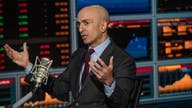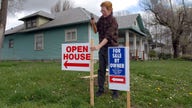Investors cant assume that the Federal Reserve will cut rates: Tim Urbanowicz
The Claman Countdown panelists Ted Weisberg and Tim Urbanowicz discuss interest rates, Apples iPad Pro and Disneys earnings.
Minneapolis Federal Reserve President Neel Kashkari said Tuesday that the central bank will need to hold interest rates steady for an "extended period" that may last through the rest of the year.
Kashkari made the remarks at a Milken Institute conference where he outlined what he would need to see in the inflation data before he can support interest rate cuts.
"I would need to see multiple positive inflation readings suggesting that the disinflation process is on track," Kashkari said.
His remarks come as decreases in inflation have largely stalled in recent months, with year-over-year inflation at 2.7% in the most recent reading. That level is well above the Fed's 2% target rate and leaves policymakers in limbo with inflation elevated, but not to such a degree that further rate hikes are clearly needed.
FED PRESIDENT SAYS NEXT MOVE LIKELY TO LOWER RATES, BUT TIMING UNCERTAIN
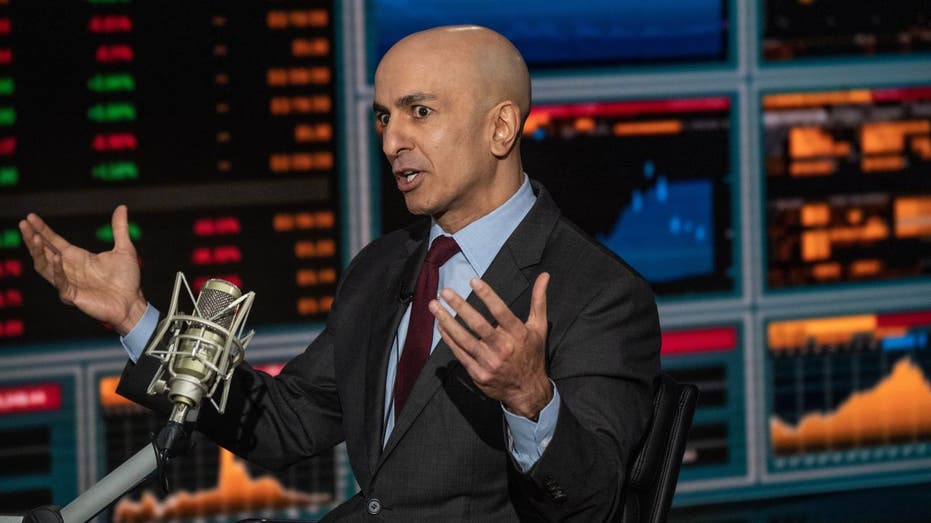
Minneapolis Federal Reserve President Neel Kashkari said the Fed needs more evidence of inflation falling before cutting interest rates. (Victor J. Blue/Bloomberg via Getty Images / Getty Images)
Kashkari also said that he will be monitoring developments in the labor market where a "marked" shift to weaker job creation could also justify an interest rate cut.
He said in March that he thought the Fed would need to deliver two interest rate cuts in 2024, but that he may mark that down to just one cut or even no cuts, depending on the data, when the central bank meets next month when fresh projections will be released by policymakers.
FED HOLDS RATES STEADY AS INFLATION CASTS DOUBT ON FUTURE RATE CUTS
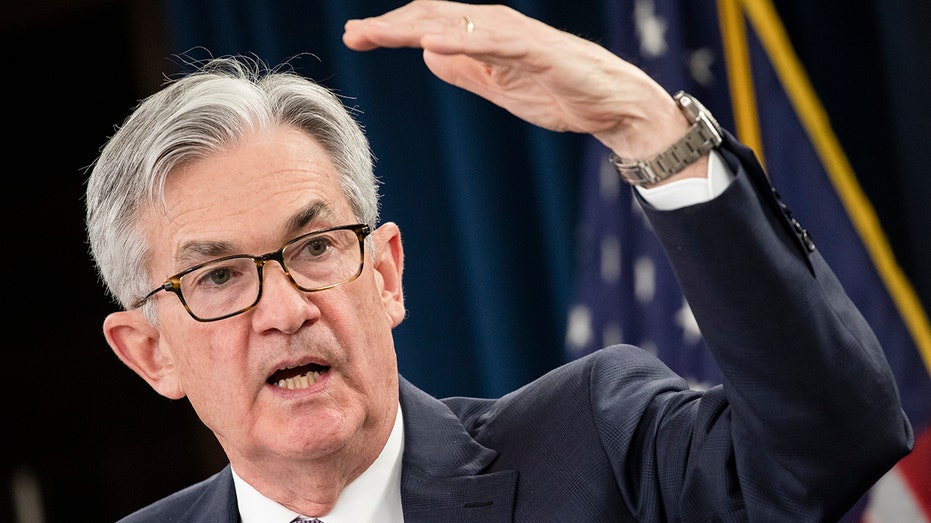
Federal Reserve Chairman Jerome Powell has said that further interest rate hikes are unlikely, but rates may remain elevated until inflation subsides. (Samuel Corum/Getty Images / Getty Images)
The Fed raised the benchmark federal funds rate to a 23-year high of 5.25% to 5.5% in an effort to tamp down inflation, which peaked at a 40-year high of 9.1% in June 2022.
While recent progress in reducing inflation has slowed and some data has indicated that inflation could be on the verge of reaccelerating, Kashkari echoed Fed Chair Jerome Powell in signaling that further interest rate hikes are unlikely.
He explained that the bar for a rate hike is "quite high, but it's not infinite" and that keeping rates elevated until inflation ebbs may be the ultimate course of action.
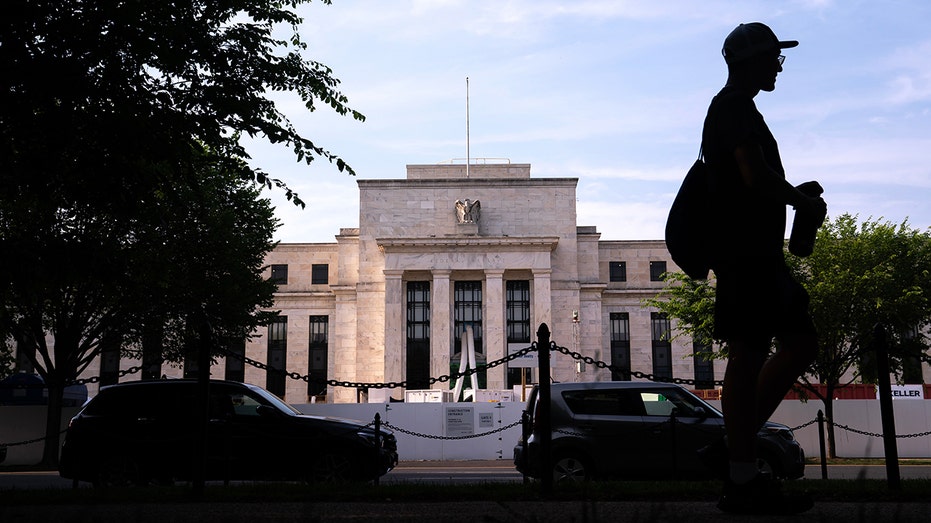
The Federal Reserve is waiting for inflation to decline further before cutting interest rates. (Nathan Howard/Bloomberg / Getty Images)
GET Gxstocks ON THE GO BY CLICKING HERE
"There is a limit when we say, 'OK, we need to do more.' I think it's much more likely we would just sit here for longer than we expect, or the public expects right now, until we see what effect our monetary policies have," Kashkari said.
Reuters contributed to this report.


